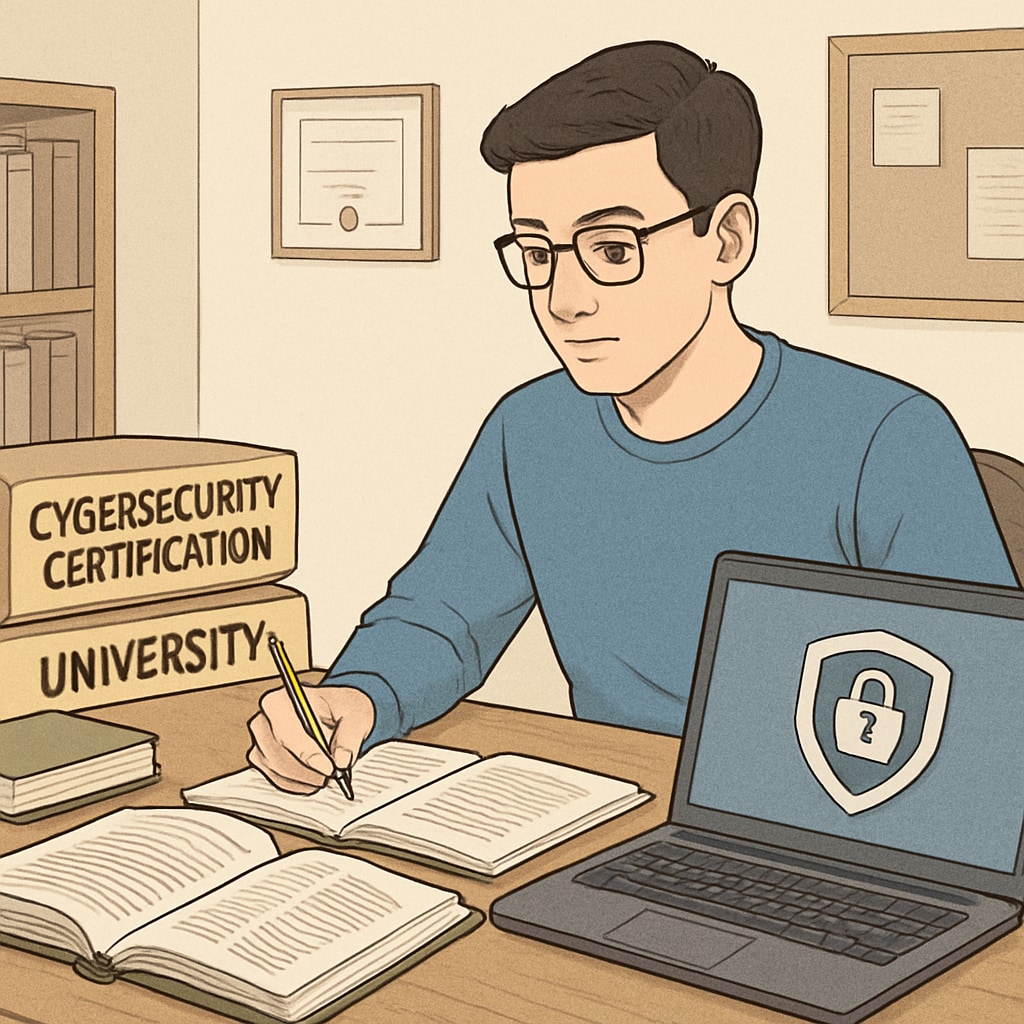In today’s increasingly digital world, university reputation, job prospects, and cybersecurity education have become critical factors for K12 students planning their future careers. As cyber threats evolve, the demand for skilled professionals in cybersecurity has surged, creating opportunities that require both technical expertise and strategic career planning. But how much weight should students and families place on a university’s reputation when pursuing cybersecurity? This article explores the measurable impact of academic prestige on cybersecurity career success and offers practical advice for balancing institutional reputation with skill development.

Does University Reputation Matter for Cybersecurity Careers?
University reputation often plays a significant role in shaping job prospects across various industries, including cybersecurity. Employers frequently associate prestigious universities with high-caliber graduates, which can open doors to internships, networking opportunities, and entry-level positions. For example, universities with strong computer science and cybersecurity programs often partner with leading tech companies, providing students direct access to future employers.
However, the cybersecurity field is unique. While academic reputation can help secure initial interviews, recruiters increasingly prioritize candidates’ practical experience, certifications, and problem-solving capabilities. Certifications such as CompTIA Security+, CISSP (Certified Information Systems Security Professional), and CEH (Certified Ethical Hacker) often carry more weight than the alma mater. Therefore, students should evaluate whether a university balances theoretical knowledge with hands-on training.

Balancing Academic Prestige with Practical Skills
Choosing a university for cybersecurity studies requires more than focusing on its ranking. Students should ensure the institution offers robust coursework, access to cutting-edge technology, and opportunities for real-world application. Internships, research projects, and cybersecurity competitions (such as CyberPatriot) can significantly enhance employability.
- Curriculum Depth: Look for programs that offer specialization in areas like ethical hacking, cryptography, or network security.
- Technology Access: Does the university provide access to state-of-the-art labs or simulation software?
- Industry Connections: Universities with strong ties to tech firms can increase internship and job placement rates.
Another critical factor is the flexibility to earn cybersecurity certifications alongside academic degrees. Dual qualification demonstrates both theoretical and practical expertise, making candidates stand out in highly competitive job markets.
The Role of Networking in Cybersecurity Employment
Networking plays a pivotal role in cybersecurity career development, and university reputation often influences the quality of networking opportunities available. Prestigious universities typically host industry events, alumni panels, and job fairs where students can connect with professionals from major tech firms.
However, networking is not exclusive to elite institutions. Students at smaller or lesser-known universities can still build strong connections by actively participating in cybersecurity communities, attending conferences such as DEF CON or Black Hat, and leveraging platforms like LinkedIn and GitHub.
For example, joining a local chapter of ISACA (Information Systems Audit and Control Association) can provide mentorship opportunities and enhance visibility in the cybersecurity field, regardless of university affiliation.
Final Thoughts: Preparing for a Cybersecurity Career
While university reputation can impact initial job prospects in cybersecurity, it is just one piece of the puzzle. Employers value practical skills, certifications, and experience, often more than the prestige of a diploma. K12 students planning careers in cybersecurity should focus on programs that combine academic excellence with hands-on experience, certifications, and networking opportunities.
By carefully evaluating potential universities and balancing reputation with skill-building, students can position themselves for success in the dynamic and rapidly growing field of cybersecurity.
Readability guidance: Use concise paragraphs and bullet points to summarize complex ideas. Ensure transitions like “however,” “in addition,” and “for example” are evenly distributed to maintain flow. Avoid overuse of passive voice and lengthy sentences.


